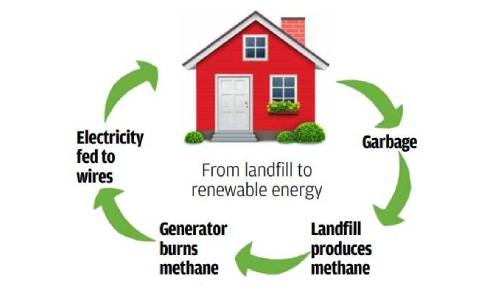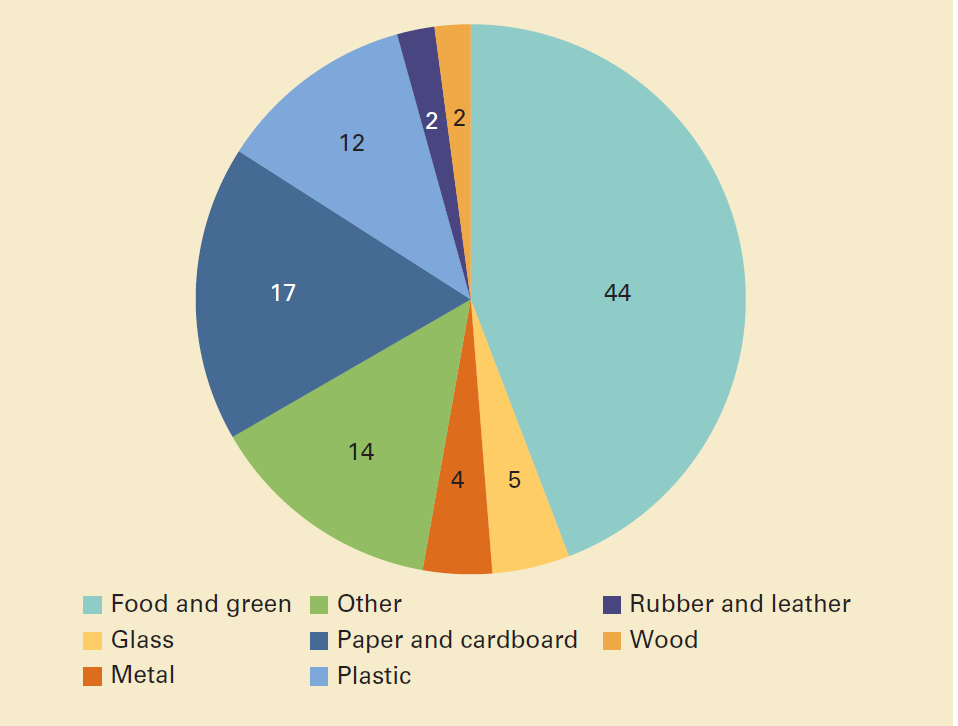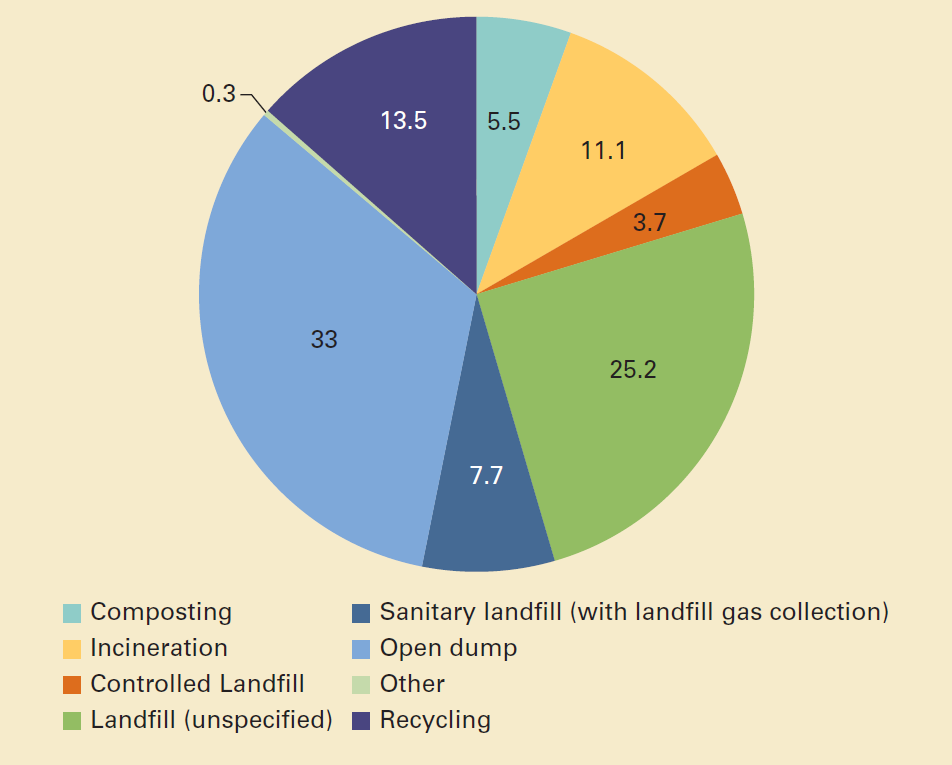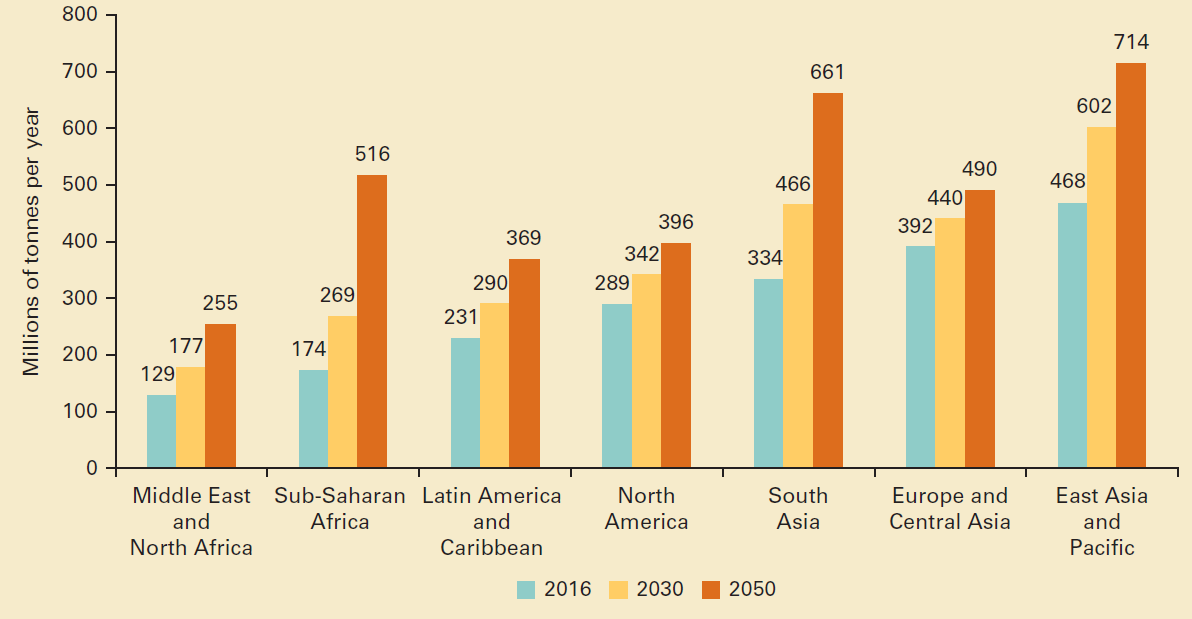Plans on way in Bahrain to turn waste into electricity
TDT | Manama
The Daily Tribune – www.newsofbahrain.com
Garbage disposal is a big problem for major cities around the globe. There are similar concerns to handle in Bahrain too. Since waste generated can go nowhere other than landfills, yet another headache, city planners have been looking for fruitful and productive solutions.
Experts say that most solid waste goes to landfills/water bodies, causing pollution with methane and CO†. Finding new landfill sites is no solution. It is at this juncture that waste-to-energy conversion gains more attention. Bahrain, on the constant lookout for getting rid of piling waste, has already set its eyes on this opportunity.
The latest news is that authorities here are planning to generate electricity from garbage. The idea, according to a tender launched by the Ministry of Works, Municipalities Affairs and Urban Planning, is to create a treatment plan that could handle 1,306,510 tonnes of waste per annum.
Not to mention the intended output, which is electricity. Electricity generated will be fed to the national grid through a power purchase agreement. Works Ministry tender says the plant thus designed will have a minimum operating period of 25 years.
The bidders will be required to develop a solution for managing the output materials, including incinerator bottom ash, flue gas and recyclable materials. The prequalification questionnaire launched on Thursday calls for applicants interested in acting as a developer for the project.
The tender also allows forming a developer consortium to participate in the ’Waste Treatment Project’ with incineration in Bahrain. A recent Tribune report has drawn the attention of authorities to a study by EcoMena pointing fingers at the immense water crisis the country is facing, where only 13% of the waste generated is recyclable.
The study has ranked Bahrain as one of the highest per capita waste generators, where a per person per day created an estimated 1.67 to 1.80 kg of waste. This means the Kingdom produces more than 1.3 million tonnes of waste yearly, while daily garbage production exceeds 4,500 tonnes.
The study further highlights that food waste accounts for around 60pc of municipal solid waste. Meanwhile, a World Bank report had warned that global waste would grow to 3.40 billion tonnes by 2050, more than double population growth over the same period.
Daily per capita waste generation in high-income countries will increase by 19% by 2050, compared to low- and middle-income countries, where the increase will be around 40% or more.
The report further points out that the East Asia and Pacific region is generating most of the world’s waste, at 23%, and the Middle East and North Africa region is producing the least in absolute terms, at 6%.
However, the fastest-growing regions are Sub-Saharan Africa, South Asia, the Middle East and North Africa, where, by 2050, total waste generation is expected to more than triple, double, and double, respectively.
So, the issue at hand is more concerning than most people believe. Acting wisely and timely is the only solution. So, if you have an idea for Bahrain, file it before the 3rd of August 2022, with a BD50 tender fee.
The project stages include the development, financing, engineering, procurement, construction, testing, commissioning and warranty of the plant. “From and after commissioning, the project also covers the insurance, operation and maintenance of the plant,” says the Ministry of Municipalities Affairs and Urban Planning.
Global waste composition (percent) (World Bank report)
Global treatment and disposal of waste (percent) (World Bank report)
Projected waste generation, by region (millions of tonnes/year) (The World Bank)
Related Posts




